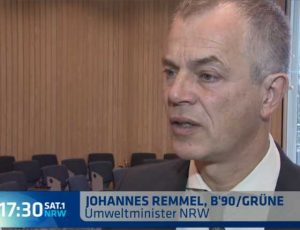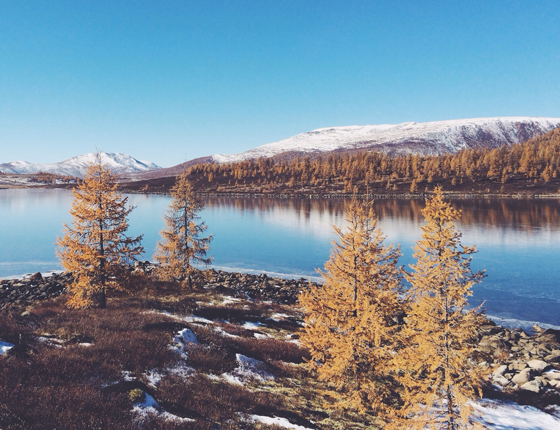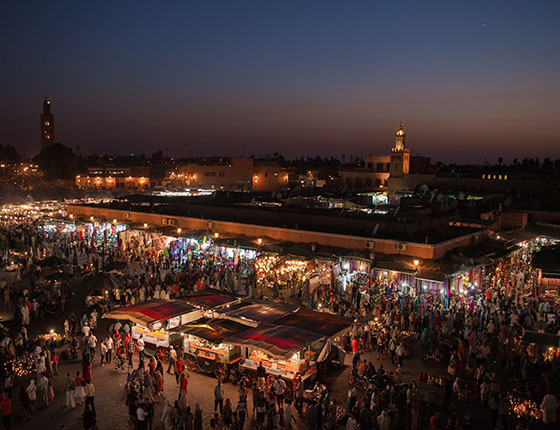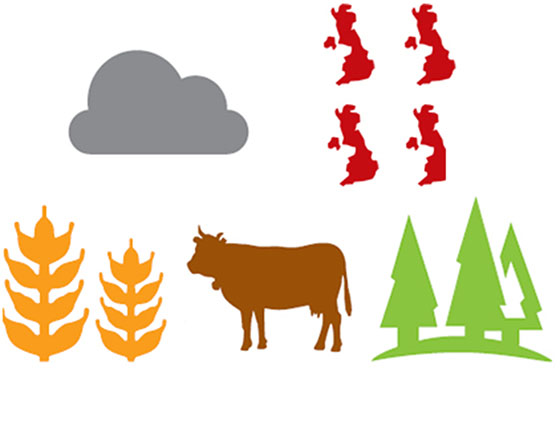 If the global population lived like citizens of North Rhine-Westphalia (NRW), we would need 3.3 Earths, according to a report presented by the German state’s environmental minister in a press conference in Düsseldorf in December.
If the global population lived like citizens of North Rhine-Westphalia (NRW), we would need 3.3 Earths, according to a report presented by the German state’s environmental minister in a press conference in Düsseldorf in December.
The Ecological Footprint was the headline indicator of the Fourth NRW Environmental Report, presented by NRW Environment Minister Johannes Remmel and widely covered by German media, including WDR, Westdeutsche Zeitung, and SAT.1 NRW (video). The report also was distributed to members of the state parliament and cabinet.
“Wir üben eine Herrschaft über künftige Generationen aus, die nicht mehr über ihre Ressourcen entscheiden können,” Minister Remmel said. (English translation: “We are reigning over future generations that can no longer decide about their resources.”)
The report contains the first Ecological Footprint analysis of the most populous German state and finds that North-Rhine Westphalia needs more than five times the amount of resources than its own ecosystems are able to renew.
“If we consume more than what nature can renew, it leads inevitably to over-exploitation and ecological deterioration, ultimately undermining our economies’ ability to operate,” notes Mathis Wackernagel, co-founder and CEO of Global Footprint Network. An essay by Wackernagel opened the report, which also featured the Ecological Footprint assessment in addition to nearly 30 other environmental indicators.
With an Ecological Footprint of 5.8 global hectares (gha) per person, the people of North Rhine-Westphalia demand on average about 9 percent more from nature than the German citizen, according to the report. The global average Ecological Footprint is 2.8 gha per person. But there are only 1.7 global hectares available per person worldwide.
Carbon emissions are a large driver of the region’s high Ecological Footprint. CO2 emissions average 10 tonnes per person in Germany and 16 tonnes in NRW. By comparison, carbon emissions in India average 1.5 tonnes per person per year.
North-Rhine Westphalia performs similarly to the German federal average in all aspects of consumption – with the exception of energy use. The reason for its large Footprint and less favorable results when compared with Germany overall is, in particular, the energy mix in North-Rhine Westphalia, or more specifically its carbon intensity of electricity. Electricity in North-Rhine Westphalia is often generated with carbon intensive lignite and stone coal.
Minister Remmel therefore called for an orderly exit from the coal industry.
In a press release, Minister Remmel added, “Allein diese Zahlen zeigen, dass wir die Ressourcensicherheit ernst nehmen sollten. Wir leben von der Substanz, die wir eigentlich unseren Kindern und Enkelkinder hinterlassen sollten. Wir müssen daher den Ressourcen-Verbrauch eindämmen, unter anderem durch die Entwicklung neuer effizienterer Technologien. Aber auch jede und jeder Einzelne kann dazu beitragen, dass Nordrhein-Westfalen dauerhaft zu einem besseren Ort mit vorbildlicher Umwelt- und Lebensqualität wird.”
(English translation: “These figures alone show that we should take resource security seriously, and we are living on the principal rather than the income of nature. We are reducing the substance that we should actually leave our children and grandchildren. We need to curb resource consumption, including by developing new, more efficient technologies. Each and every individual can help make North Rhine-Westphalia a better place with exemplary and lasting environmental and life quality.”)







